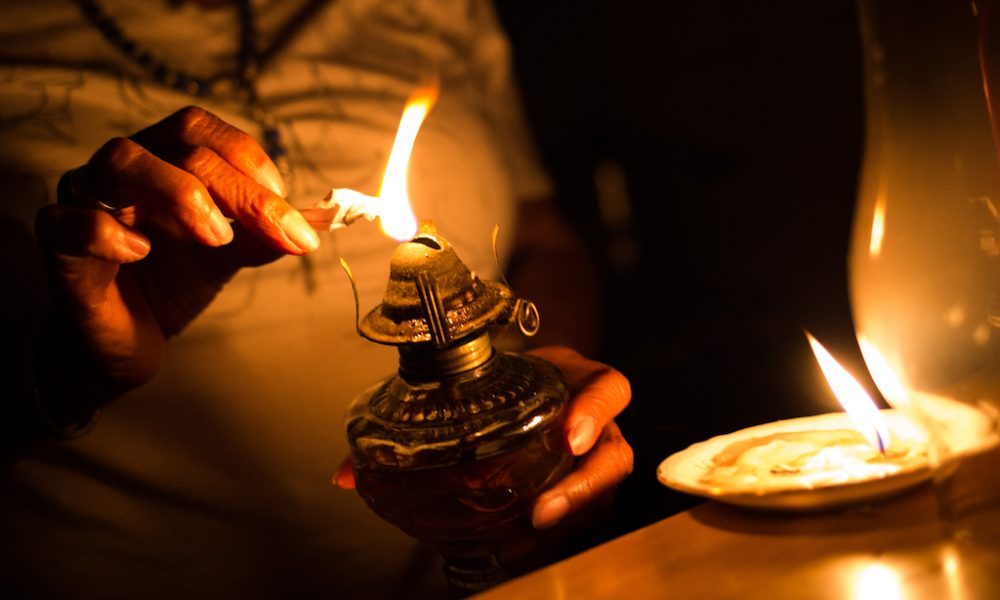Ward 2 residents in Bulawayo are grappling with severe electricity cuts that have upended their daily routines and forced them to adapt drastically, according to a recent survey conducted by the local councillor Rendani Moyo.
Councillor Moyo revealed that the extent of the electricity crisis was seen in areas such as North Trenance, Richmond, Aisleby, Good Hope Farms, and Northlynne being the hardest hit in the ward.
“Moderately affected areas include Queens Park West, Tegela and North End, while others have reported either minimal disruption or declined to respond,” the councillor told CITE.
The councillor said he was motivated to conduct the survey following the persistent outages, which have left residents in a “state of despair.”
“Residents are calling for accountability and meaningful solutions from authorities. For now, they have continue to navigate sleepless nights and troublesome days with no lights, no TV and no fridge in this heat,” he said, noting authorities had to implement “serious” energy reforms in Zimbabwe to address the growing challenges faced by citizens.
Moyo confirmed that the situation regarding power supply is “dire.”
“The worst-affected residents have had to adjust their sleep patterns, staying up late to cook, iron clothes and charge devices. This has left many lethargic during the day due to lack of adequate sleep,” he said.
“It is an unfortunate situation that could lead to a serious degradation of our environment as people resort to chopping down trees for firewood.”
The erratic power supply has left residents frustrated with the Zimbabwe Electricity Supply Authority (ZESA), which they accuse of failing to provide a clear and fair load-shedding schedule.
The councillor stressed that there was a need for open dialogue between the power utility and residents.
“What we need is an interactive platform where ZESA can have an honest conversation with residents about the state of power generation,” Moyo said.
“A transparent and balanced load-shedding schedule would go a long way in easing tensions.”
To cope with the outages, many residents have turned to alternative energy sources. Some use firewood for cooking, rechargeable torches for lighting, and solar energy where possible.
“However, these solutions are not sustainable for everyone, as not everyone can afford to invest in solar or gas,” the councillor said.
One resident in the affected areas, Jason Huntley blamed poor planning and corruption for the electricity crisis. “Our electricity crisis is 99 percent man-made,” he claimed.
“Even if Kariba Dam was overflowing, we cannot rely on outdated equipment from 1959 designed for a population of 3.6 million to serve today’s 16 million. There has been zero development in the energy sector, and those awarded tenders for minor solutions squander the funds.”
Huntley also criticised the government’s inefficiencies, describing plans like the proposed floating solar farm on Kariba as unrealistic.
“There is not a single functional, pro-people, and pro-development ministry. All they care about are lavish perks while the rest of us suffer. Something has got to give. We are tired,” he said.
The councillor also expressed alarm over the growing reliance on firewood, warning of environmental degradation.
“This trend will have devastating effects on our environment. Immediate action is needed to address the electricity crisis before it spirals further out of control,” Moyo said.

